It was in a park in Adelaide, cherry blossoms catching in her hair, that Ellis Gunn’s world came tumbling down. The poet and furniture restorer had just dropped her son at school and was walking home when she heard someone call her name.
It was him. Again. A man who had approached her twice before and who had left her with a peculiar, uneasy feeling each time. Perhaps it was his overfamiliarity with her, or his intensity.
Now, on this spring morning the man had cycled up beside her, and once again struck up conversation. Within a few moments, Gunn’s unease returned with sickening force; it was clear this man knew where she lived, her daily routine – even that she was a vegetarian.
Fear, like “rattling stones of panic” settled in her stomach. “On the surface he was behaving so casually, so normally… on the inside, I was freaking out.”
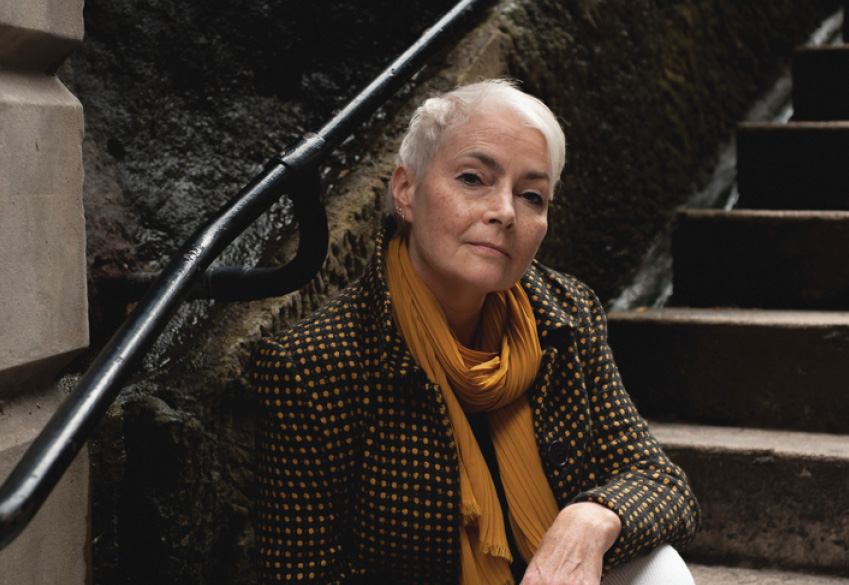
That morning, as the pair left the park, the man calmly cycled away. But later, he would show up again and again – at her house, at an auction house she liked to visit – and message her via email and Facebook.
Eventually, Gunn, approached the police, and later confronted the man himself and told him to leave her alone – which he did, leaving both relief and chaos in his wake.
Years have passed since that morning in the park – her three children have all left school – but its shadows have stayed close, demanding attention, nudging her to ask what exactly the “point of all that” was.
The result is her book Rattled, which is released this month and rewrites the story of Gunn’s life, piecing together previously unconnected episodes – an abusive former marriage, being harassed in a bar, along with being stalked – to uncover a thread of misogyny that will be familiar to many women.
**
Today, the Ellis Gunn who speaks to me on the phone from Adelaide couldn’t be further from the terrified woman she describes in Rattled. The gentle lull of her Scottish accent is calming to listen to, even over the phone.
“As women, we’re always told to look at ourselves when we’re harassed or when something goes wrong,” she reflects. Her own reaction to being stalked was to first doubt (“I tried to convince myself I was getting things out of proportion…reading things into it,” she writes), then, blame, herself (“Why on earth had I been so friendly?”)
As women, we’re always told to look at ourselves when we’re harassed or when something goes wrong.
Once she finally accepted that the man (who she refers to in Rattled only as The Man) was in fact following her, she became engulfed in uncontrollable, all-consuming fear – the kind of fear that gnawed away in the dead of night and left her trembling on sunny street corners.
Everything she knew to be safe and dependable – her home, her neighbourhood, her daily commute – became terrifyingly entangled in a psychologically exhausting game of cat-and-mouse.
“This idea that a stranger could just suddenly decide to follow me and there was nothing I could do about it and the police weren’t able to do anything about it – it changed my worldview,” she says now. “It just felt like I was living in a very unsafe world that I hadn’t fully understood.”
It just felt like I was living in a very unsafe world that I hadn’t fully understood.
Should she have reported the man to the police sooner? Gunn reasons that unless you’re certain something suspect is going on its hard to tell someone to leave you alone the first time you meet them.
Instead, her advice to anyone being stalked is underpinned by the complexity of the problem.
Not only are there many kinds of stalker and stalking, but state and territory divisions make the process of prosecuting stalkers more fraught still, as police don’t automatically share details of criminal histories. Britain, Scotland in particular, has resource centres dedicated to stalking. Australia has nothing comparable.
In the absence of adequate government support, Gunn advises women to trust their gut. “Listen to that voice that says I don’t like this, I’m uncomfortable here, especially when it’s a stranger or somebody you don’t know well. If you’re thinking something’s not right here, then it probably isn’t.”
Besides addressing the failures around stalking legislation and support for stalkers’ victims, Gunn believes we need to unpick the social culture that allows this behaviour to happen.
In subtle ways, patriarchal culture is telling men that they’re entitled to sex and respect and adoration, explains Gunn.
The resulting culture of self-blame, of “just putting up with it” can only be eroded by awareness, she says. Her message to young women is to question things, to talk. She wants those conversations to be put the centre of sex education in schools. Awareness, awareness, awareness.
Towards the end of Rattled, Ellis reveals she has been diagnosed with stage four cancer – a diagnosis, she believes, that was not helped by her abuse. A newly milder course of chemo is keeping her alive for as long as possible. She’s taking things day by day, learning to accept. “This is just something I’m going to have to deal with,” she says. She is good at ‘dealing with’.
There is a sense, now that her story is public, that it is only a natural step in a journey that began decades ago. As a poet, Ellis has subtly jabbed away at the system for many years, taking aim at husbands who expect their wives to (in phonetic Scottish) “gie um hiz conjuggles” of an evening. And, while things have improved at breakneck speed, this week’s news of a British newspaper comparing a female MP’s leg movements in parliament to Basic Instinct has her dumbfounded.
“Still? Really?” she asks with a weariness that brings to mind social media posts featuring older feminists holding up posters with the words ‘“I can’t believe we’re still protesting this shit”.
Yes, she’s wary about entering the public fray – Twitter pile-ons and online abuse are part of the territory, she suspects – and anxious about The Man coming across Rattled and how he might react. But to finally speak and be heard, well, that’s something as worth fighting for as it is novel.
“Women have been encouraged to keep silent about this abuse for so long, it is empowering to suddenly be able to speak out about it and have people listen,” she says. “It’s not like I’ve never moaned about the patriarchy before.”
Rattled by Ellis Gunn is available from May 3 or to pre-order now.
If you know someone who is being stalked or threatened please contact 1800 737 732.




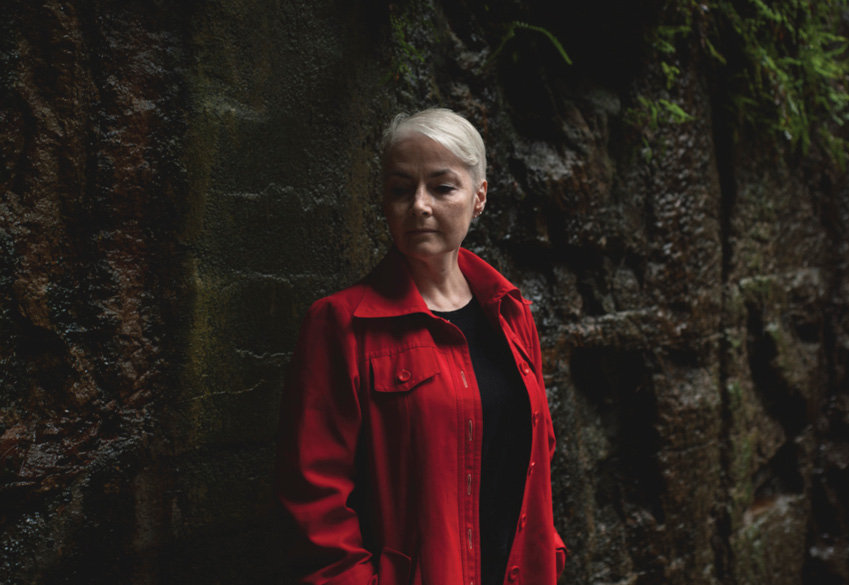



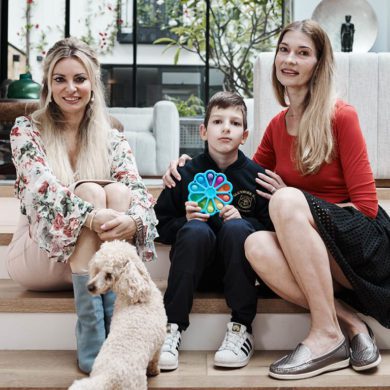
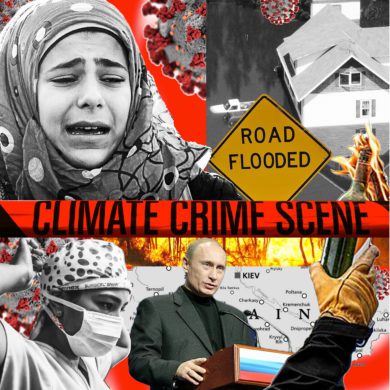
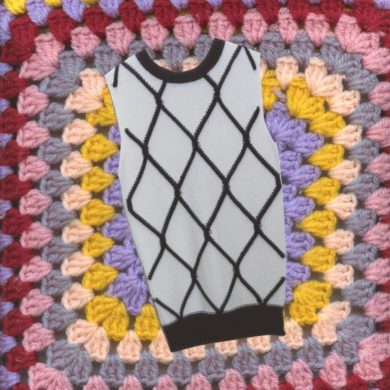


No Comments